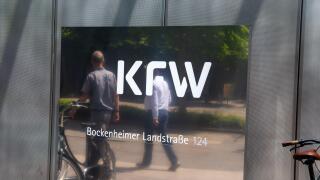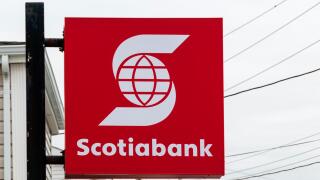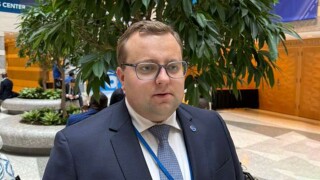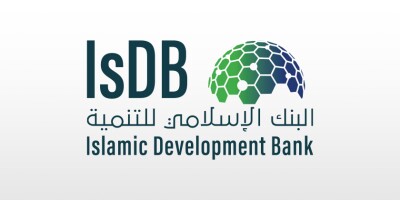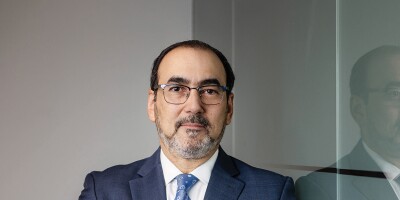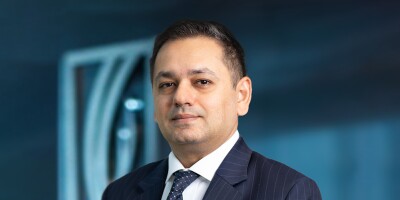Top section
Top section
CEB plunges into Sofr FRNs with $500m debut
New product 'ticks boxes' including more investor diversification for Paris-based supranational, which also sold its largest Kangaroo
Newfoundland prints 20 year, Crédit Agricole debuts a green covered bond
Lloyds lifts green senior euros after Yankee foray
◆ UK lender raises $4.5bn-equivalent in five senior holding company tranches this week ◆ Both deals target long dated funding ◆ Despite secondary widening, euro offering lands with hardly any premium
Crédit Agricole differentiates from competition with 'untested' 12 year SNP bullet
◆ Insurance companies anchor long dated green tranche with near-4% yield ◆ Curve extension debated ◆ Deal comes amid widening secondary spreads but lands with negligible premium
Newfoundland prints 20 year, Crédit Agricole debuts a green covered bond
Sub-sections
-
Sterling deal securitizes two data centres in Slough
-
International interest for German paper has grown
-
◆ Dutch lender's latest €2.5bn senior holdco follows Aussie domestic senior foray ◆ Comes a day after $1.5bn AT1 and before green RMBS ◆ Demand for senior unsecured assets is strong as ING clears big funding with limited, if any, new issue concession
-
◆ Issuer's first green benchmark in 2026 ◆ Blended premium estimated ◆ Central bank/official institution allocations 'notable and high' for green label
-
Bankers insist sustainability-linked loans are here to stay
-
◆ Demand sticky despite tight pricing ◆ Trade performing in secondary ◆ Tight senior/sub spread spotted
-
Only one of Canada's big five banks has yet to publicly support new defence bank initiative
-
Hyperscaler earnings could become a crucial date for issuance funding calendars
-
Cologix taps private ABS for latest trade
-
Chemical sector's growing uncompetitiveness a problem when it comes to attracting investment in the capital markets
-
Canada throwing full weight behind plan for new multilateral lender for defence funding
-
Second Canadian lender to declare official support for embryonic SSA issuer as government takes lead on establishing new entity
-
Long overlooked by the West, Central Asia is at last receiving flows of investment from the US, Europe and China
-
New parameters and guardrails help define oft-maligned product
-
The World Bank aims to build on €400m deal for Côte d’Ivoire to unlock debt service savings for social projects
-
‘Unfortunately, this is not going to be a quick win’ says Lithuania’s Kizenevič
-
Developing countries face high debt repayments, just as donors reduce assistance
-
Private money is beginning to flow into development finance through a variety of risk sharing structures. But it is nearly always for loans to the private sector. MDB expert Chris Humphrey argues development banks wanting extra heft for sovereign lending will need to overcome — or sidestep — the issue of preferred creditor status
-
Investors and bankers grapple with 24% fall in Bitcoin since deal was rated
-
Investment banking travel was a relentless grind, not gold card access to global glamour
-
Books were nearly three times the issue size
-
Eight banks provided loan facility to company
-
Vaccine bond programme to issue $1.5bn this year but needs new pledges
-
First deal of its kind more than 1.5 times subscribed
-
Sponsored by Islamic Development Bank (IsDB)
Sukuk market’s next chapter: Financing the future, sustainably
-
-
Sponsored by CAF – Development Bank of Latin America and the Caribbean
CAF gearing up to transform regional development
-
Sponsored by Emirates NBD Capital
Emirates NBD Capital: An unrivalled conduit for Middle East liquidity








